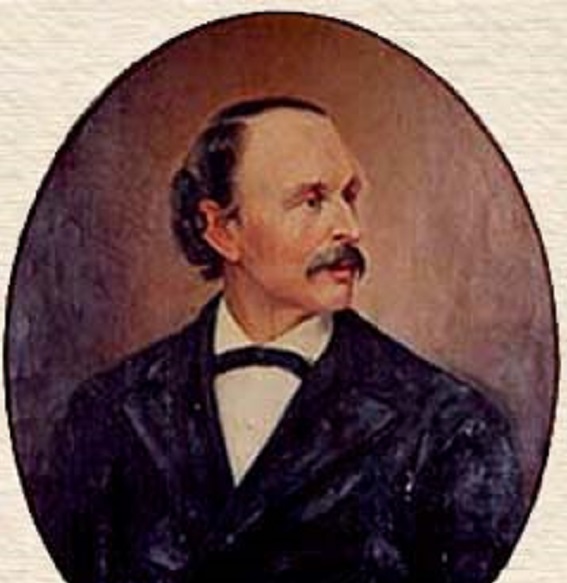As the 2018 legislative session was winding down in Annapolis, the Senate passed a bill retiring the Old Line State’s Confederate call to arms, but that bill was to die in committee in the House of Delegates. So, once again, though “Carry Me Back to Old Virginny” has been archived, “My Old Kentucky Home,” “updated,” “Maryland! My Maryland!”—some would say miraculously—has been preserved verbatim despite the decades-long war that has been waged against it.
Twenty years after “Maryland! My Maryland!” was codified as their anthem, Marylanders were still proud of their Southern heritage. In 1960, Governor J. Millard Tawes, a Democrat, issued a proclamation designating the first few days of 1961, James Ryder Randall Week, honoring the author of the state song’s lyrics. But by this centenary year, a demographic shift that would profoundly affect Maryland culturally and politically was just commencing. Today transplants from above the Mason Dixon and generations of their successors living in the Northernized, deep-blue I-95 Corridor, allied with the leaders of minority communities, keep renewing and redoubling their efforts to rid themselves and the state of her “objectionable” artifacts, her “undignified” musical relic. Preferring an anthem that celebrates “inclusivity and equality,” one that isn’t a rallying cry, as they believe, for the “overthrow of the United States Government,” many of them would ban it outright if they could.
It is the ninth verse of “Maryland! My Maryland!”—particularly the line, “Huzza! she spurns the Northern scum!”—that presents the biggest problem for the song’s detractors. It is that verse that expresses Randall’s conviction that Maryland, though she had “dallied,” would finally answer Virginia’s pleas, and would rise up and join the fight against the Yankees.
Randall wrote his words as a poem following the death of a friend in Baltimore on April 19, 1861 when twelve civilians and four Union soldiers were killed as Northern troops were moving through the town. Baltimore’s citizens understood that the presence of these soldiers was unlawful, and they attacked them accordingly. Their stand, however, is not popularly viewed these days as a defense of the city and of the South but as a thuggish riot.
And the song’s opponents attribute Randall’s pro-Confederate, Lincoln-defaming “doggerel” to his grief and rage on hearing news of his deceased friend. They argue also that “Maryland! My Maryland!” was made the official song in 1939 only because the whole country at that time was gripped with “Gone with the Wind fever.” In Margaret Mitchell’s classic novel, “bearded, shabby files” of Confederates march down Peachtree Street in Atlanta “to the tune of ‘Maryland! My Maryland!’” And its melody is heard twice, as a waltz and as a dirge, in the musical score of MGM’s 1939 film adaptation of the book.
Today, at home with Maryland the construct, not the historical place, “progressive” Marylanders, steeped in the state’s received history, are surprised that whenever legislation proposing changes to “Maryland! My Maryland!” has been introduced in the General Assembly, it has stirred up bitter resentments—one lawmaker years ago was even the recipient of death threats. Unfortunately for the tradition-minded, though such bills have always been defeated, with each new resurgence of anti-song crusaders, the objections of “conservatives” in the legislature become more equivocal, their resolution wearing down.
With the retirement not long ago of Delegate John Wood, “Maryland! My Maryland!” lost a perennial and outspoken defender. Known as Johnny to his constituents in St. Mary’s County, where Battle Flags are still commonplace, Wood was one of the last of the “Blue Dog Democrat-style” politicians in the General Assembly. Continuing to attend the Southern Legislative Conference after Maryland withdrew from that organization, Delegate Wood called the move against “My Maryland” an attempt to alter his state’s identity.
When Johnny Wood was in office, over in the Senate, Mike Miller, the president of that chamber, was also a reliable advocate for the old song, only recently having ceded to political correctness. He now acquiesces that it “needs to be put away.”







